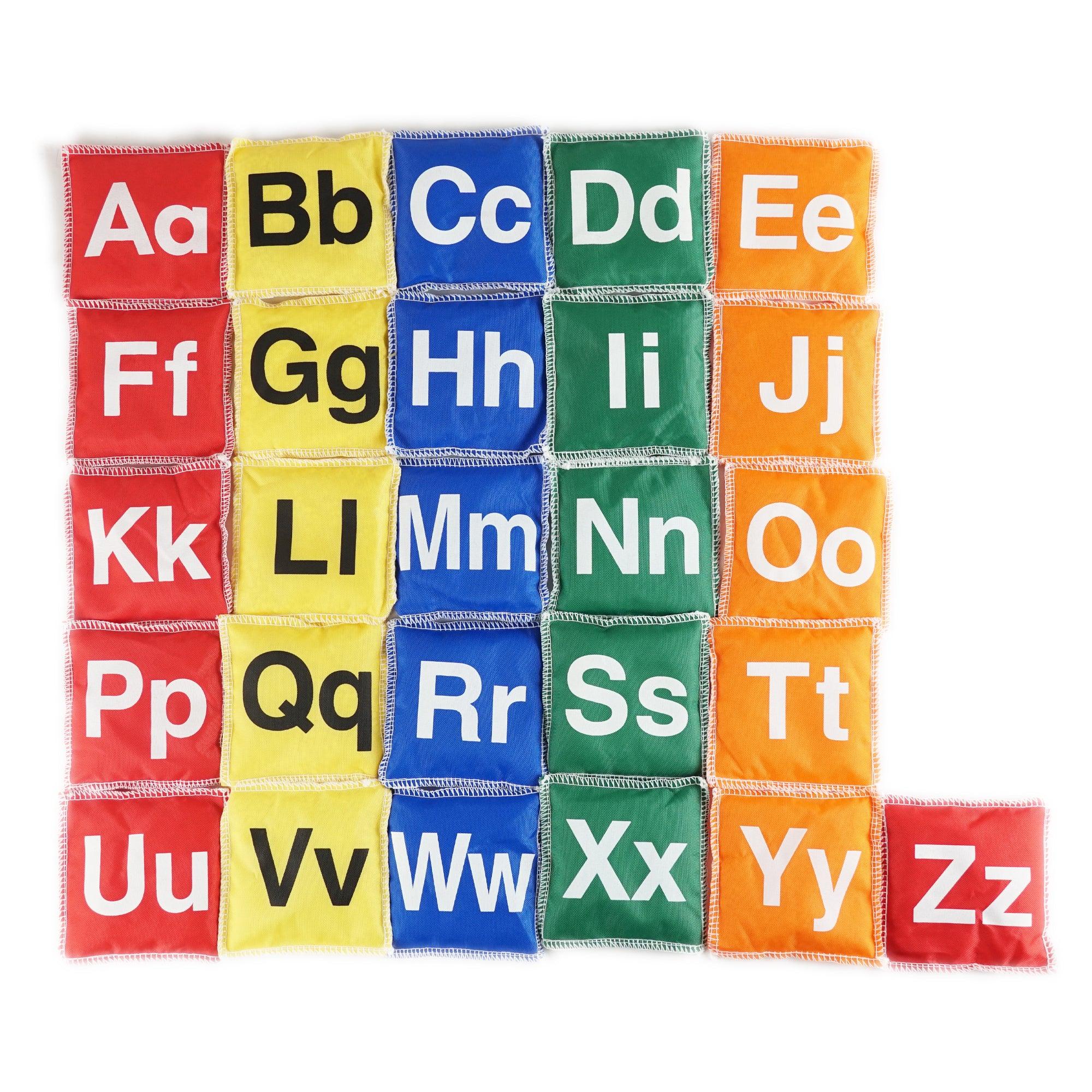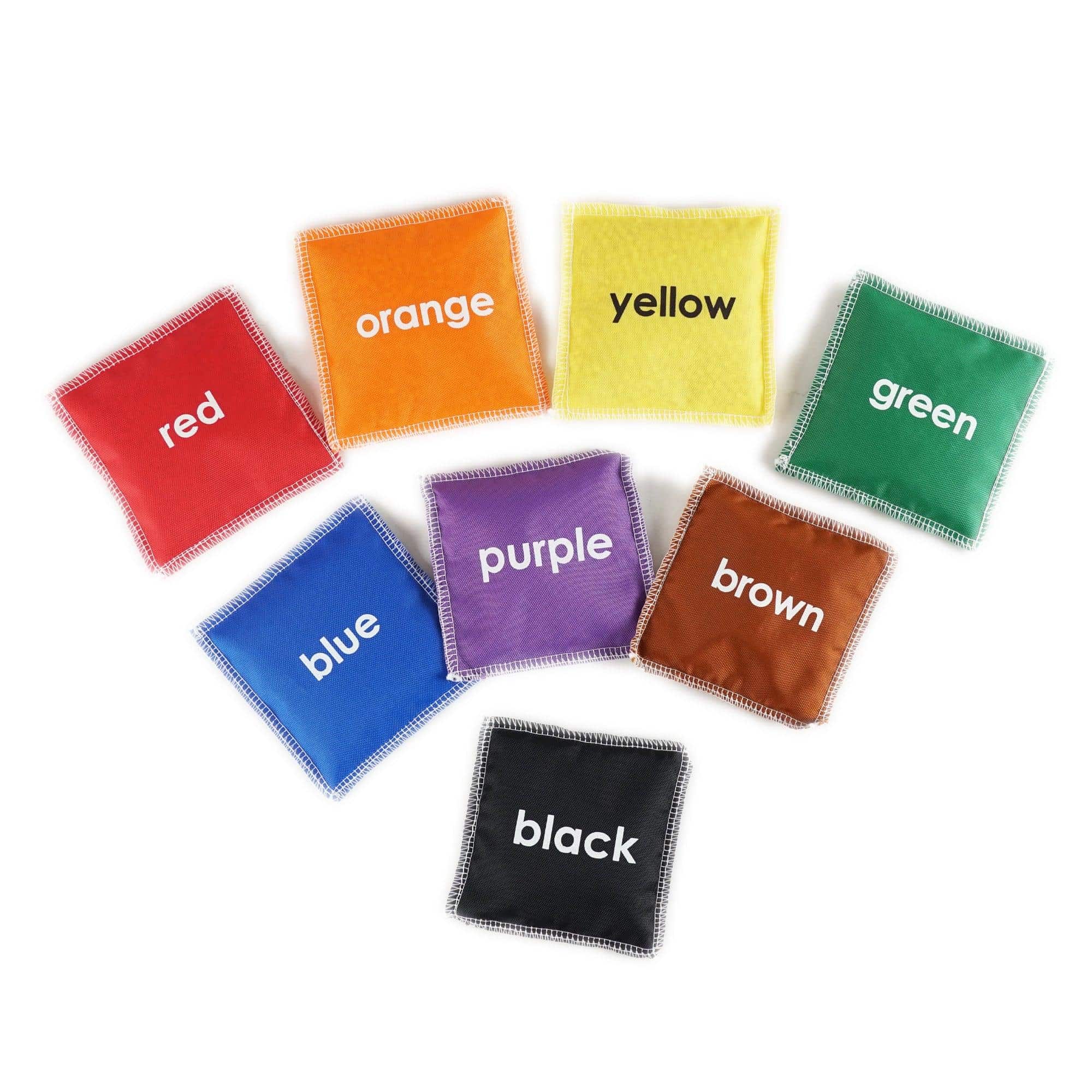The Benefits of Cooperative Play with Toys for Socialization Skills
Introduction
Cooperative play is an essential component of a child’s development, fostering socialization skills that will benefit them throughout their lives. Engaging in cooperative play with toys not only provides hours of fun but also lays the foundation for important life skills such as communication, teamwork, empathy, and problem-solving. In this blog post, we will explore the numerous benefits of cooperative play with toys and why it should be encouraged.
Benefits of Cooperative Play:
1. Enhanced Social Skills
- Learning to take turns: Cooperative play teaches children the importance of sharing and waiting for their turn, enhancing their patience and understanding.
- Developing empathy: Through cooperative play, children learn to understand and respect the feelings and perspectives of others, fostering empathy and compassion.
- Improving communication: Cooperative play requires children to express their thoughts and ideas, leading to improved communication skills as they learn to articulate their needs and negotiate with others.
2. Teamwork and Collaboration
- Working towards a common goal: When children engage in cooperative play, they learn the value of teamwork and collaboration as they work together towards achieving a shared objective.
- Building problem-solving skills: Cooperative play often involves solving challenges and puzzles together, encouraging children to brainstorm ideas and think critically.
- Promoting leadership qualities: Cooperative play allows children to take on leadership roles, fostering their ability to guide and coordinate a team.
3. Emotional Development
- Managing emotions: Cooperative play provides an opportunity for children to learn how to regulate their emotions, express themselves appropriately, and cope with feelings of frustration or disappointment.
- Building self-confidence: Successfully participating in cooperative play helps boost a child’s self-esteem and confidence as they contribute to the group’s accomplishments.
- Developing patience and tolerance: Cooperative play teaches children to be patient and understanding as they learn to interact and work with others who may have different preferences or styles of play.
4. Cognitive Advancement
- Enhancing problem-solving skills: Cooperative play presents children with challenges that require critical thinking and problem-solving abilities, stimulating cognitive development.
- Stimulating creativity and imagination: Collaborative play encourages children to think creatively, imagining new scenarios and solutions, and expanding their imaginative capacities.
- Improving concentration: Engaging in cooperative play requires focus and attention, enhancing a child’s concentration skills and ability to stay engaged in a task.
5. Promotion of Positive Social Behaviors
- Learning conflict resolution: Cooperative play provides opportunities for children to learn how to resolve conflicts and differences peacefully, promoting healthy communication and compromise.
- Building friendships: Engaging in cooperative play encourages social interaction, fostering the development of friendships and positive relationships with peers.
- Encouraging inclusivity and diversity: Cooperative play exposes children to different ideas, perspectives, and play styles, helping them appreciate and understand diversity.
Conclusion
Cooperative play with toys plays a vital role in a child’s social and emotional development. By promoting valuable socialization skills, enhancing teamwork, nurturing emotional intelligence, and boosting cognitive abilities, cooperative play lays the foundation for a well-rounded individual. So, let’s encourage children to engage in cooperative play, providing them with the necessary toys and opportunities to develop these important life skills.




